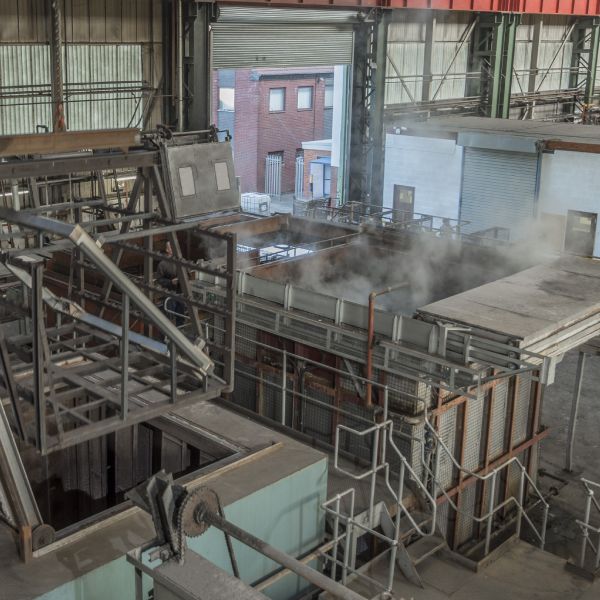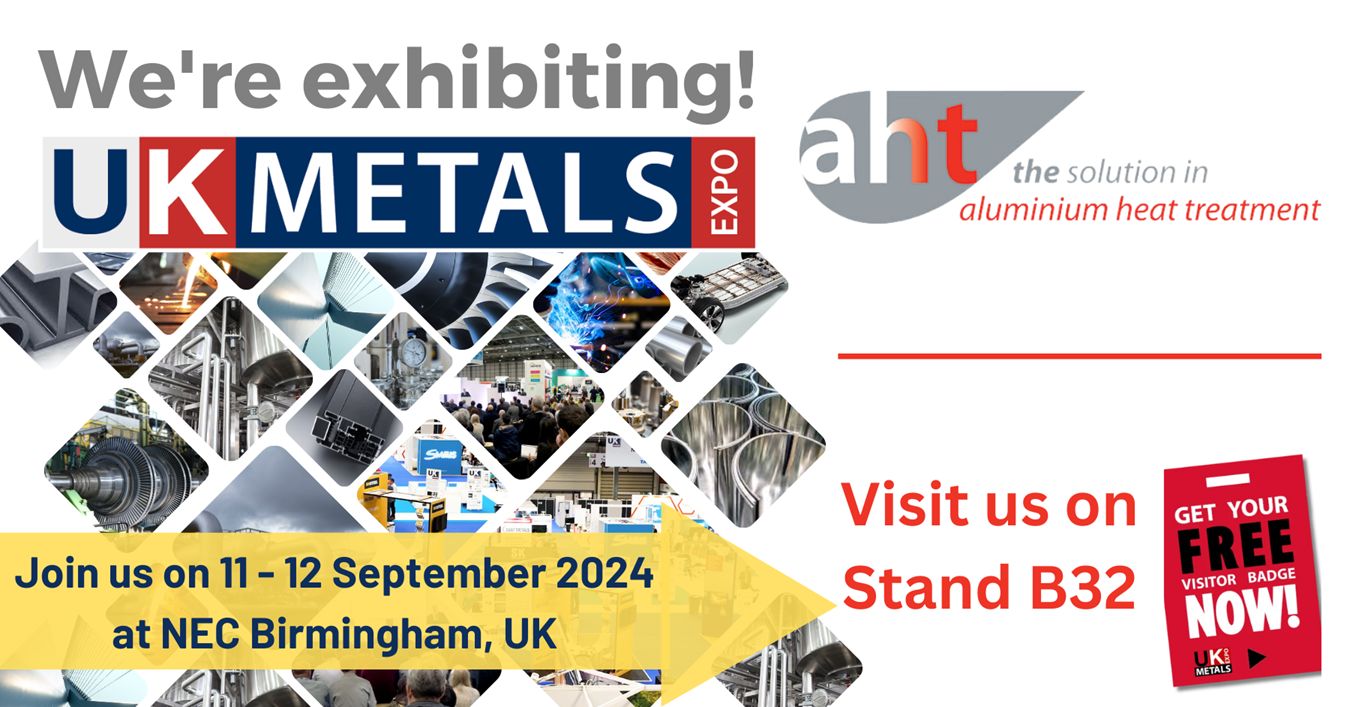The Importance Of Corrosion Testing Metals Post Heat Treatment
Heat treatment is a critical process in metal manufacturing, enhancing properties like strength, ductility, and hardness. However, one aspect that often gets overlooked post-heat treatment is corrosion resistance. This is where corrosion testing comes into play, an essential practice for ensuring the longevity and reliability of treated metals. At Alloy Heat Treatment (AHT), we understand the pivotal role corrosion testing plays in safeguarding the integrity of your materials. Here’s why corrosion testing should be a non-negotiable part of your metal treatment process.
Understanding Corrosion Testing
Corrosion testing evaluates a material’s ability to withstand degradation due to environmental factors such as moisture, chemicals, and salt. By subjecting metals to controlled corrosive environments, these tests help determine susceptibility and predict how a material will behave over time. Techniques vary, from electrochemical methods, which measure the electrical properties of metals in corrosive environments, to exposure tests that simulate real-world conditions. AT AHT, our corrosion testing regime focusses on exposure testing of aluminium alloy sheet and plate products.
The Benefits of Corrosion Analysis
Ensuring Quality Standards
For industries relying heavily on metals, maintaining high quality standards is paramount. Routine corrosion testing ensures that metals meet the stringent requirements necessary for industrial applications. Whether it’s in aerospace, automotive, or construction, knowing your materials can resist corrosion helps in producing components that are not only robust but also safe and reliable.
Preventing Costly Failures
Corrosion can lead to catastrophic failures if left unchecked, resulting in significant financial losses and safety hazards. By selecting a heat treatment provider that offers corrosion testing into their post-heat treatment processes. This proactive approach allows manufacturers to implement preventative measures, reducing the risk of unexpected failures and extending the lifespan of metal components.
Informed Material Selection
Different materials exhibit varying levels of corrosion resistance. Through comprehensive corrosion testing, manufacturers can compare the performance of different alloys under identical conditions. This data is invaluable when selecting the right material for specific applications, ensuring that the chosen metal offers optimal resistance to the anticipated corrosive environment in a post-heat treatment setting.
Optimising Future Heat Treatment Processes
The insights gained from corrosion testing can also enhance our processes. Understanding how different heat treatment parameters affect corrosion resistance allows for fine-tuning procedures to produce metals with superior qualities.
Corrosion Testing at Alloy Heat Treatment
At Alloy Heat Treatment, we specifically target intergranular attack (IGA) of aluminium alloys. This is because sub-standard heat treatment can lead to poor corrosion resistance, even though after heat treatment, it still may be possible to for heat treated alloys to meet specified strength and ductility criteria. We therefore monitor our furnaces and processes via intergranular corrosion testing to ensure processed aluminium alloy products do not fail prematurely because of intergranular attack. AHT also offers this service to our customers, who may also require testing of their furnaces in the same way. Our modern facilities and experienced team ensure precise and reliable results, providing you with the confidence needed to move forward with your projects.
Our Metallurgical Test Laboratory:
Intergranular Corrosion Testing (IGC): This test determines if the rate of quench and/or quench media are adequate in ensuring parts meet strength and ductility criteria whilst ensuring adequate corrosion resistance. Poor corrosion resistance can cause catastrophic failure.
High Temperature Oxidation (HTO): This test determines if the cleanliness of processed parts and the quality of the furnace atmosphere, to measure impact of such on the integrity of alloy parts’ surface and sub-surface integrity.
Eutectic Melting: This test determines if the furnace is capable of processing alloy parts near to melting point, without causing incipient melting of the low melting point constituents of the alloys being processed.
Cladding Diffusion (CD): This test determines if the furnace can recover to solution treatment temperature fast enough to prevent excessive migration of alloying constituents into the pure aluminium outer layers of sheet alloy products. Excessive migration of alloying constituents into the pure aluminium outer layers of sheet products promotes corrosion, rather than the pure aluminium cladding protecting the core metal from corrosion.
Get a free quote for our metallurgical test laboratory services
Don’t let corrosion undermine your efforts—partner with AHT and safeguard the future of your products. You can call us, or email us. Feel free to make use of a free non-obligatory quote.












